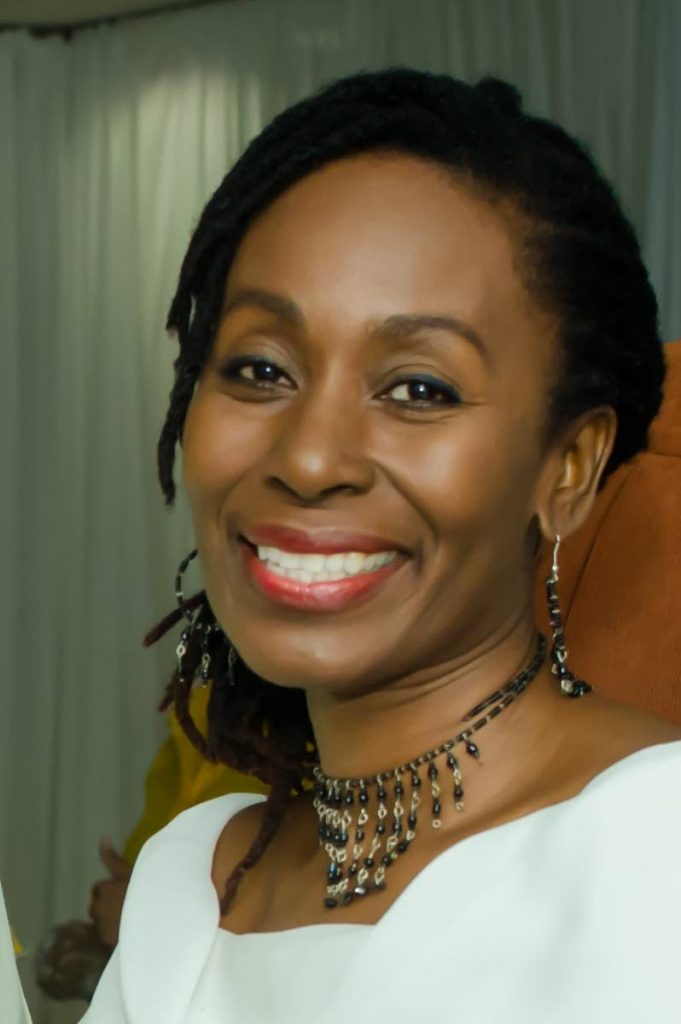Of books and blood

Culture Matters
DARA E HEALY
“Out, damned spot; out, I say. One, two; why, then ’tis time to do’t. Hell is murky. Fie, my lord, fie, a soldier and afeard? What need we fear who knows it when none can call our power to account? Yet, who would have thought the old man to have so much blood in him?”
– Lady Macbeth from Shakespeare's Macbeth
BOOKS ALWAYS filled my head. Reading opened a magical realm of remarkable people, fascinating places and words, so many words. This week, as we observed International Literacy Day, I thought about the books that shaped how I view the world and helped me understand my place in it.
Love, sex, lust, greed, subterfuge, betrayal, insanity. Shakespeare mystified me with his ability to display a vast range of human behaviour, using humour, tension or even magic to advance his story. His female characters are strong, unorthodox, irreverent and aware of their power. This was no doubt unusual for the time in which he wrote, the 1600s.
In the opening quote, Lady Macbeth delivers this soliloquy while she sleepwalks. She is slowly driven to madness with the guilt of the murder that she and her husband Macbeth committed. In the same play, Lady Mc Duff dismisses the concern of her son when he asks what she would do without a husband. “Why, I can buy me 20 at any market,” she responds.
Women also exert control over the supernatural. In many of Shakespeare’s writings women appear as fairies, ghosts or visions. They use their powers to manipulate the plot, as do the witches in Macbeth.
In A House for Mr Biswas, it was not the female characters that affected me; it was the suffering. The deep, personal suffering of Mr Biswas as he yearned for better material circumstances and the courage to assert his manhood. I empathised with his feelings of being suffocated and understood the desire to find his purpose. The Hindu rituals of the Tulsi family provided insight into the East Indian community and helped to give me context for traditions like singing bhajans or eating food on banana leaves at an Indian wedding.
Capitalism and Slavery by Dr Eric Williams was another book that gave me clarity. What really happened in 1838? Why would nations that profited for centuries through the sale of human beings just stop? The explanation that we were given in school about abolitionists did not add up. Williams revealed that “commerce was the great emancipator,” exposing the financial motivation for ending enslavement.
Further, I had to discover on my own the dozens of rebellions across the Caribbean and daily acts of resistance to enslavement. It was not worth the expense any more, so Western nations shrugged their shoulders, wound up the trade in Africans as they would any bankrupt corporation and moved on.
I entered another bizarre world, that of Charles Dickens, through the dusty, rambling and decaying mansion of Miss Havisham in the book Great Expectations. Jilted at the altar, the wealthy spinster vowed revenge against all men. She adopts a young woman, Estella and provides her with Pip as a plaything. Miss Havisham attempts to school Estella in the art of breaking Pip’s heart, until – well, I’ll let you read it yourself.
Dickens’s ability to paint characters and transport the reader to a court house, pub or busy street in London are symbols of his exceptional ability as a writer. They explain why he still captivates us some 150 years after his passing.
Nalo Hopkinson is a brilliant, quirky writer of TT and Jamaican heritage. Her books are set in a raw, primordial science fiction environment. Here, midnight robbers, jamettes, soucouyants, African spirituality and Caribbean folklore swirl through complex plots and characters with attitude and breathless, long-lasting impact. Hopkinson actually gave me the courage to experiment with my own interpretation of traditional Carnival characters. And yes, I will share it with you when I am finished.
“Blushing, she took it from him. She dared not put her nose to it; like everything that Tony had ever given her, this gift had thorns.”
We may not always like what writers have to say, but, like the blood on Lady Macbeth’s hands, their role cannot be ignored. Society still needs the characters roaming in the pages of the excellent literature created by our authors. It is time to give them a louder voice. It is time to open a new world of books and write a better ending to the murky times we face.
Dara E Healy is a performance artist and founder of the Indigenous Creative Arts Network – ICAN

Comments
"Of books and blood"